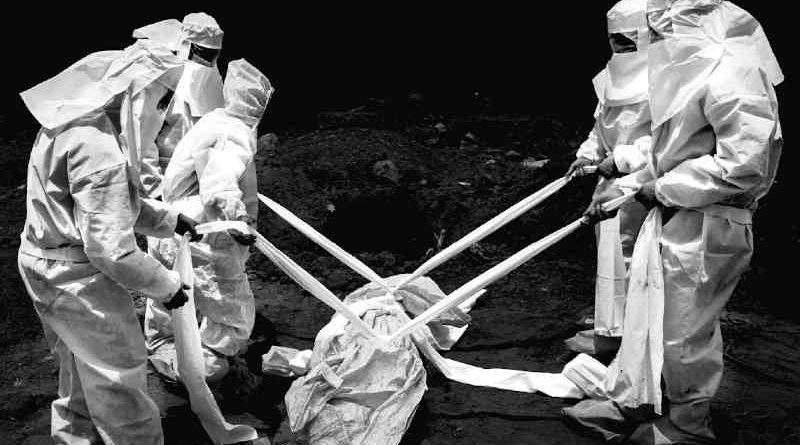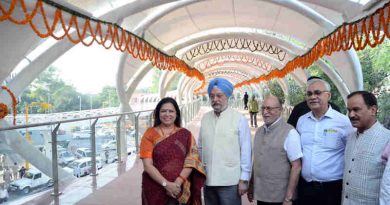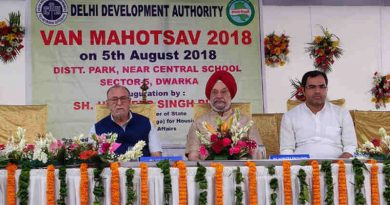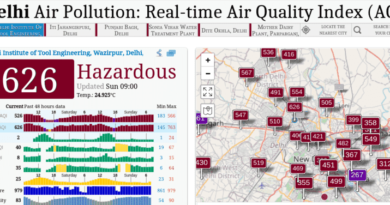The Last Rites: UN Human Rights Office Exhibits Covid Calamity in Delhi

As the death toll continued to rise, the national capital Delhi’s limited number of burial sites became overwhelmed by victims of the disease.
Photography 4 Humanity is an international initiative that calls on photographers from around the world to bring the power of human rights to life through their images.
Highlighting the most compelling human rights imagery – illustrating courage, despair, hope, injustice and compassion – the images serve to inspire people to personally get involved and take a stand for human rights. The UN Human Rights office has hosted an online exhibition of these images.
One of these photos (The Last Rites) captures both the human and systemic costs of Covid-19 in India’s capital New Delhi, which is among the worst affected states.
As the death toll continued to rise on a daily basis, the national capital’s limited number of burial sites became overwhelmed by victims of the disease, with bodies typically arriving in multiple numbers.
There is an added challenge as gravediggers, contractual laborers, and ambulance drivers must work in extreme heat and while wearing personal protective equipment (PPE) during the summer of last year.
Even more difficult has been the seemingly endless grief, helplessness, and desperation of victims‘ family members. According to the UN Human Rights office, it is common to see the indignity of bulldozers digging a grave at the same time the family forced to stand far from the burial site is performing customary rituals, including the final namaz, or final prayer.
The photographer, Anindito Mukherjee (Photo: New Delhi, India – May 2020), is the 2020 Global Prize Recipient of the Photography 4 Humanity competition.






